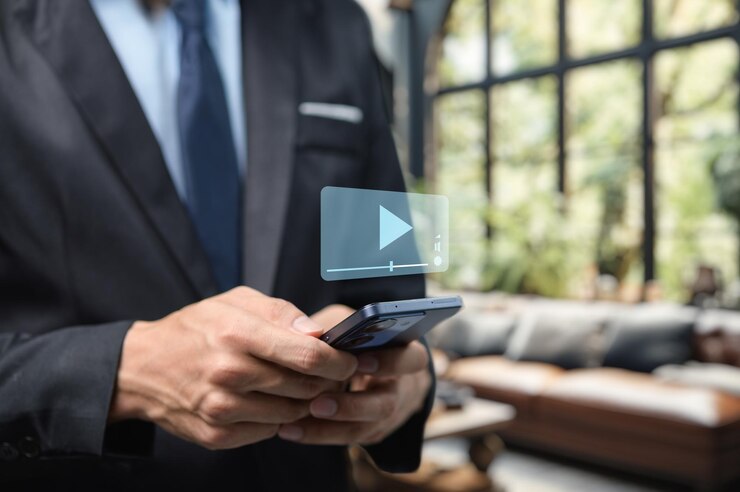
Unlocking the Legal Maze: Video Evidence in Today’s World
Everyday Video Recordings: Legal Friend or Foe?
In a world where smartphones, home security cameras, and workplace surveillance are ubiquitous, it's easier than ever to capture life as it happens. We often record events without a moment’s thought, but what are the legal implications? Many people find themselves questioning if these recordings can be used as evidence in a legal context. Rest assured, you're not alone—this is a common and important query.
Public vs. Private Places: Where Are We Allowed to Record?
Federal laws generally permit video recording in public areas, such as streets or parks, where there’s no expectation of privacy. However, recording in private spaces like restrooms, dressing rooms, or hotel rooms without consent is illegal and can be considered a federal crime.
Understanding Audio vs. Video Recording Laws
It’s crucial to differentiate between video and audio recording laws. Federal law allows for video recordings in many contexts, but audio recordings have stricter guidelines. While federal law requires only one-party consent for audio recordings, some states mandate all-party consent. Navigating these differences can be tricky, especially in semi-public places like workplaces, where state laws may require clear disclosure or consent.
Crossing State Borders? Know Your Legal Obligations
When dealing with interstate or multi-state recordings, adhering to the strictest applicable law is generally the safest bet—often this means acquiring all-party consent. This precaution can prevent potential legal headaches when recordings involve people from different states.
Beware of the Legal Consequences in Private Settings
Secretly recording someone in a private setting is almost always illegal and can result in severe legal consequences. It's essential to understand that state laws can be more stringent than federal laws, and violations could lead to criminal or civil penalties.
Legal Advice: An Ounce of Prevention
While technology makes it incredibly easy to record events, it’s critical to be aware of and respect legal boundaries. Before hitting “record,” especially in private or semi-private settings, take a moment to consider the legal ramifications. If you're unsure about the situation, seeking legal advice can prevent costly mistakes. Remember, navigating these laws isn’t always intuitive—professional guidance could be invaluable.
